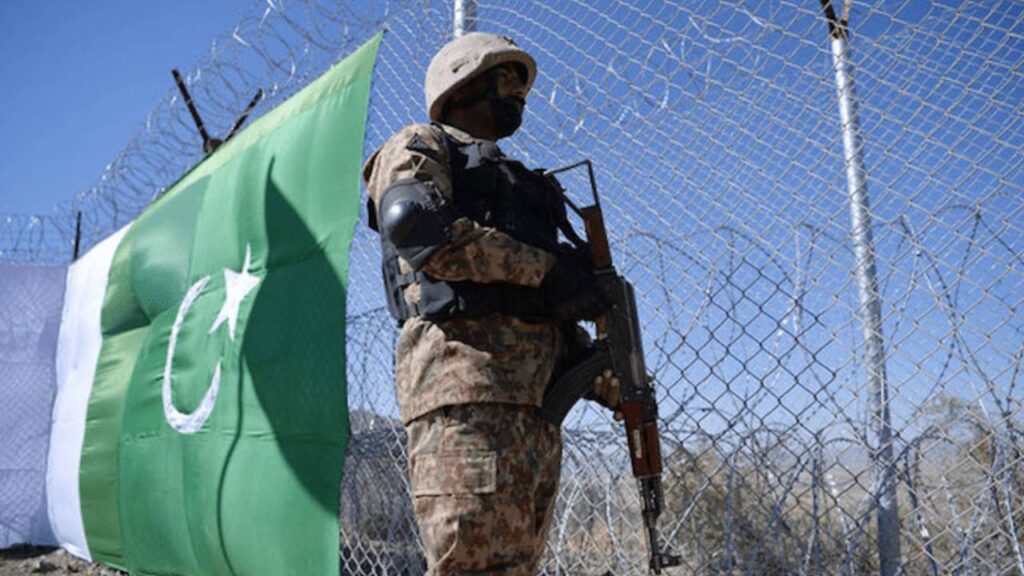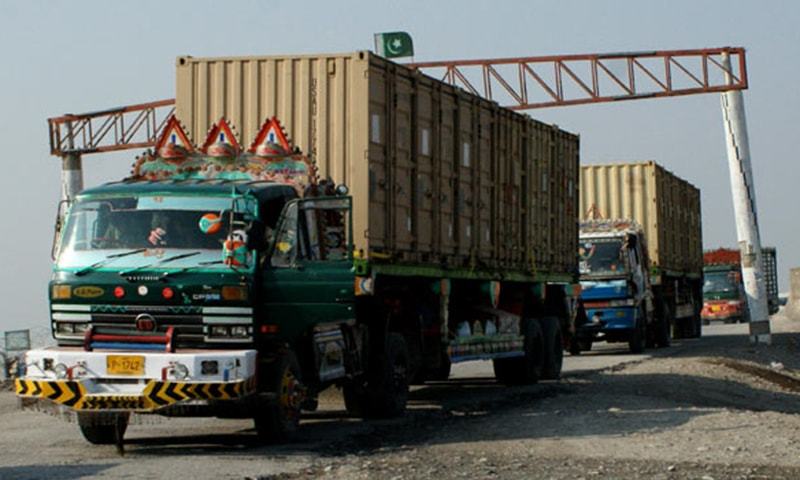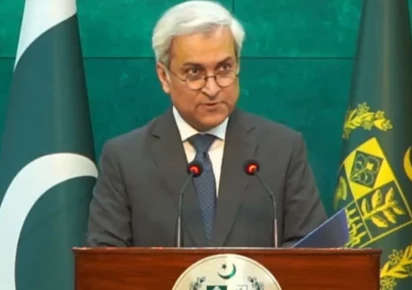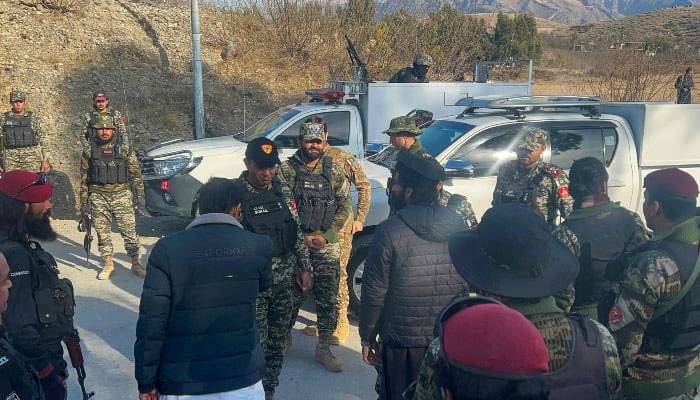Pakistan has played its part when it comes to combating terrorism, and the devotion of this nation has remained unchanged; however, default remarks to Khyber Pakhtunkhwa Chief Minister Ali Amin Gandapur have brought forth an unwarranted propaganda campaign orchestrated by anarchists and other external states, such as India, to cast doubt on the tremendous gains of Pakistan. The myth of ‘good vs bad’ Taliban has been spread to misrepresent the Pakistan Government as a whole, to spread division. In this lies the systematic counterterrorism approach of the state. Such efforts at dislodging Pakistan and the concerted efforts of its people to fight the common enemy must be strongly opposed.
The role Islamabad plays in combating terrorism all over the world is indisputable. The nation has lost thousands of military/civilian lives in its fight against terrorists. Pakistan has served as a key stabilizing factor in a part of the world that has been spoiled by violence through intelligence operations, which have also led to military interventions. One area in which the state has excelled is in the dismantling of terrorist organizations, be it domestic or international, in a manner that not only enhances its security but also that of the world at large. However, despite such massive sacrifices, anarchists have tried to misrepresent the situation by purporting that the state is involved in terrorism. Such allegations are not only misleading but formulated to maliciously dent Pakistan`s credibility on the international platform.
The names, good Taliban and bad Taliban, were not a part of the Pakistani scheme. This is the false dichotomy that anarchists have embraced and have been advanced by outsiders and used to serve their purposes. The fact remains that Pakistan has always been categorical on terrorism. No terrorist group is permitted to operate in Pakistan, regardless of whether the group is foreign or locally based. The state has been shrewd in repeatedly targeting any faction of the Taliban, including the TTP and TTA, with no distinction. The distortion of this story is harmful only in that it creates schism in the country, destroys the will of the state to pursue security, and misrepresents the real effort at combating terror in Pakistan.
Another shrewd manipulation by anarchists has been on the de-radicalization efforts in Pakistan, as a way of pushing their divisive nationalism agenda. The state has achieved the reintegration of former militants into society due to a larger scope of de-radicalization programs, allowing them to live peaceful and productive lives. These organizations are evidence of how Pakistan takes rehabilitation seriously and not an encouragement of extremism. It has always been the purpose to provide a positive way forward to ensure that efforts are made to address this long-term endemic issue of extremism, and not a justification for the activities by terrorist organisations. However, anarchists take advantage of this achievement, alleging that the state labels terrorist groups as either good or bad. This is a concerted whitewashing of the Pakistani effort to create a false impression about the counterterrorism strategy of the state.
The remarks of CM Gandapur, however, subsequently explained away, provided fodder to anarchists. When the CM held the intelligence agencies responsible, he was countering the very forces that desired the destabilization of Pakistan, although that is a case in point because he later withdrew this argument. The top officials must understand that they can easily be wrong in whatever they say because sensitive matters like national security are involved. Such irresponsible remarks, even when they are rectified, give other actors an opening to impair Pakistan on the international fronts, including FATF. India, which has always been eager in trying to frustrate the position of Pakistan on the international front, has taken advantage of these statements and intensified its efforts.
The intelligence agencies in Pakistan have been the core of the counterterrorism plan of the country. Their contribution has seen them achieve major successes against terror gangs, and they are protecting the country against both internal and external threats. Nonetheless, controversial political speech can strain the cooperation between the people and useful intelligence agencies. Political leaders ought to consider how their words will affect national security and ensure that what they say is more in line with the national interest.
The management of Pakistan has to be concerted and unwavering in terms of its dedication to security and the war against terrorism in the country. The usage of words by leaders, particularly those at the helm of their station, needs to be very cognizant of the repercussions of words around the world. The divisive rhetoric, whether internal or external, is only weakening Pakistan’s stance and making it easier to be targeted by its country rivals, and attacking the credibility of Pakistan. Political leaders have a responsibility to make sure that they represent the national agreement on the necessity of having a united and united approach to terror.
Pakistan has been very effective and holistic in its counterterrorism strategy. The nation has taken huge steps in eradicating terrorist organizations and securing its citizens. The intelligence services, military, and the government have cooperated to reduce the menace of extremism within the Pakistani borders. Nevertheless, the attempts of anarchists and foreign players to damage the reputation of Pakistan should not be able to achieve success. These powers aim at influencing the mass media, creating strife, and destroying the hard-earned development in Pakistan. Pakistan needs to stay together in its fight against extremism, and its leaders should ensure that what they say consolidates that strength.
Certainly, the war against terrorism is not only the state’s effort to guarantee national security in Pakistan: it is a global operation and a contribution to peace and stability in the region and other parts of the world. The sacrifices made by the people of the country during the struggle should not be cast in popular rhetoric and relevant divisive discourse. Pakistan needs to remain steadfast in its pledge to root out terrorism in whatever form and ensure that the will of the state is not thwarted by vested interests that aim at destabilising the country. At this critical point, the strength and integrity will dictate the success of Pakistan towards a peaceful and prosperous future.







